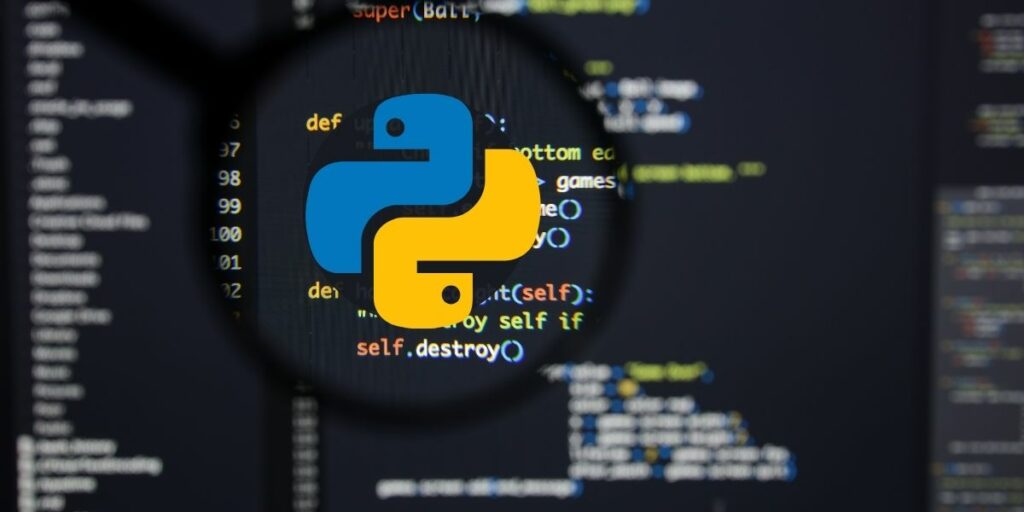
How to get Regression MSE
Regression is a statistical method that helps us understand the relationship between different variables. One way to evaluate the performance of a regression model is to calculate the Mean Squared Error (MSE).
MSE is a measure of how well the model is able to predict the target variable. It is the average of the squared differences between the predicted values and the actual values. The smaller the MSE, the better the model is at making predictions.
To calculate MSE, you first need to have a dataset with both the predicted values and the actual values. You can then subtract each predicted value from the corresponding actual value, square the result, and take the average of all the squared differences.
It is important to note that MSE is only one way to evaluate the performance of a regression model. Other metrics such as R-squared and adjusted R-squared can also be used to evaluate the model.
In order to get the best possible regression model, it is important to try different algorithms, change the parameters and run different test. Also, it is important to check if the chosen model is overfitting the data or not.
In summary, MSE is a measure of how well a regression model is able to predict a target variable. It is calculated by taking the average of the squared differences between the predicted values and the actual values, and the smaller the MSE, the better the model is at making predictions.
In this Applied Machine Learning & Data Science Recipe, the reader will learn: How to get Regression Metric MSE.
Essential Gigs
For only $50, Nilimesh will develop time series forecasting model for you using python or r. | Note: please contact me…www.fiverr.com
For only $50, Nilimesh will do your data analytics and econometrics projects in python. | Note: please contact me…www.fiverr.com
For only $50, Nilimesh will do your machine learning and data science projects in python. | Note: please contact me…www.fiverr.com
For only $50, Nilimesh will do your gis and spatial programming projects in python. | Note: please contact me before…www.fiverr.com